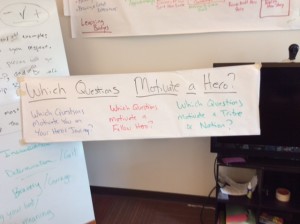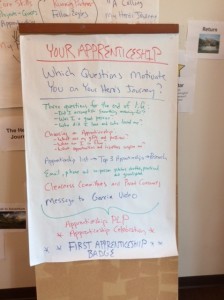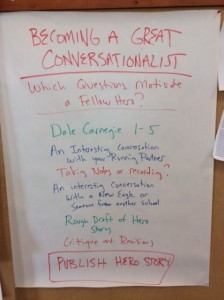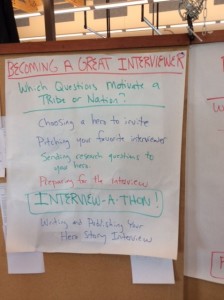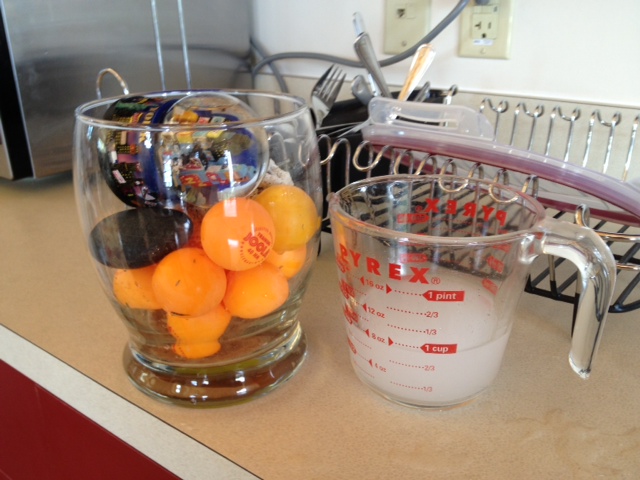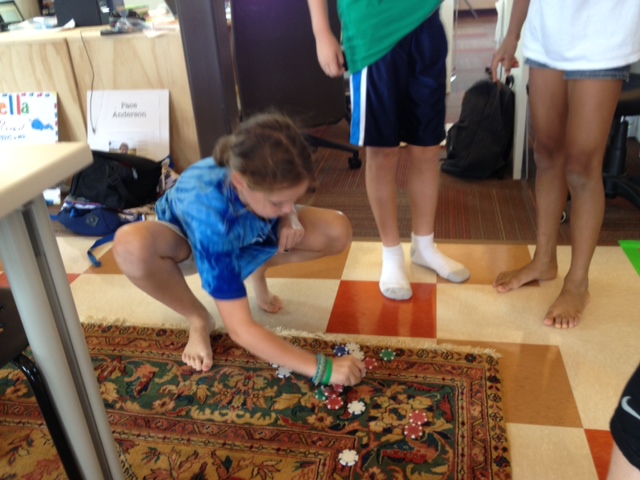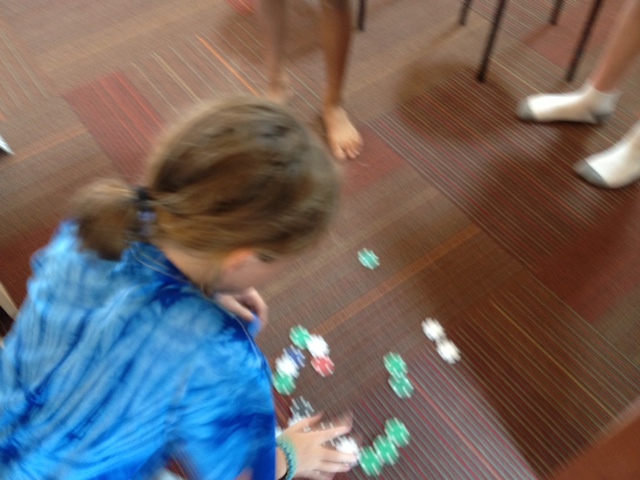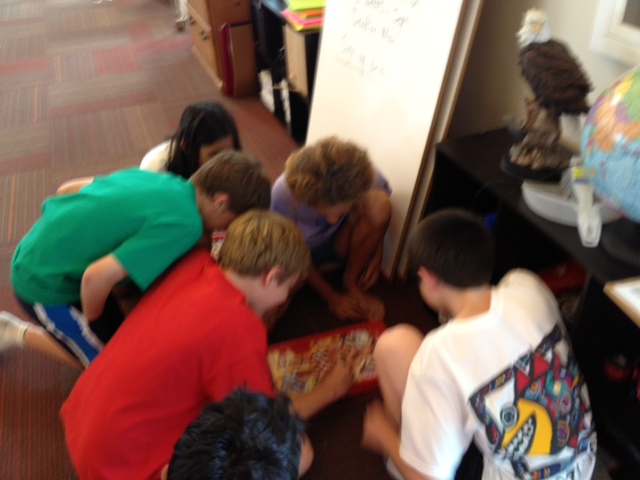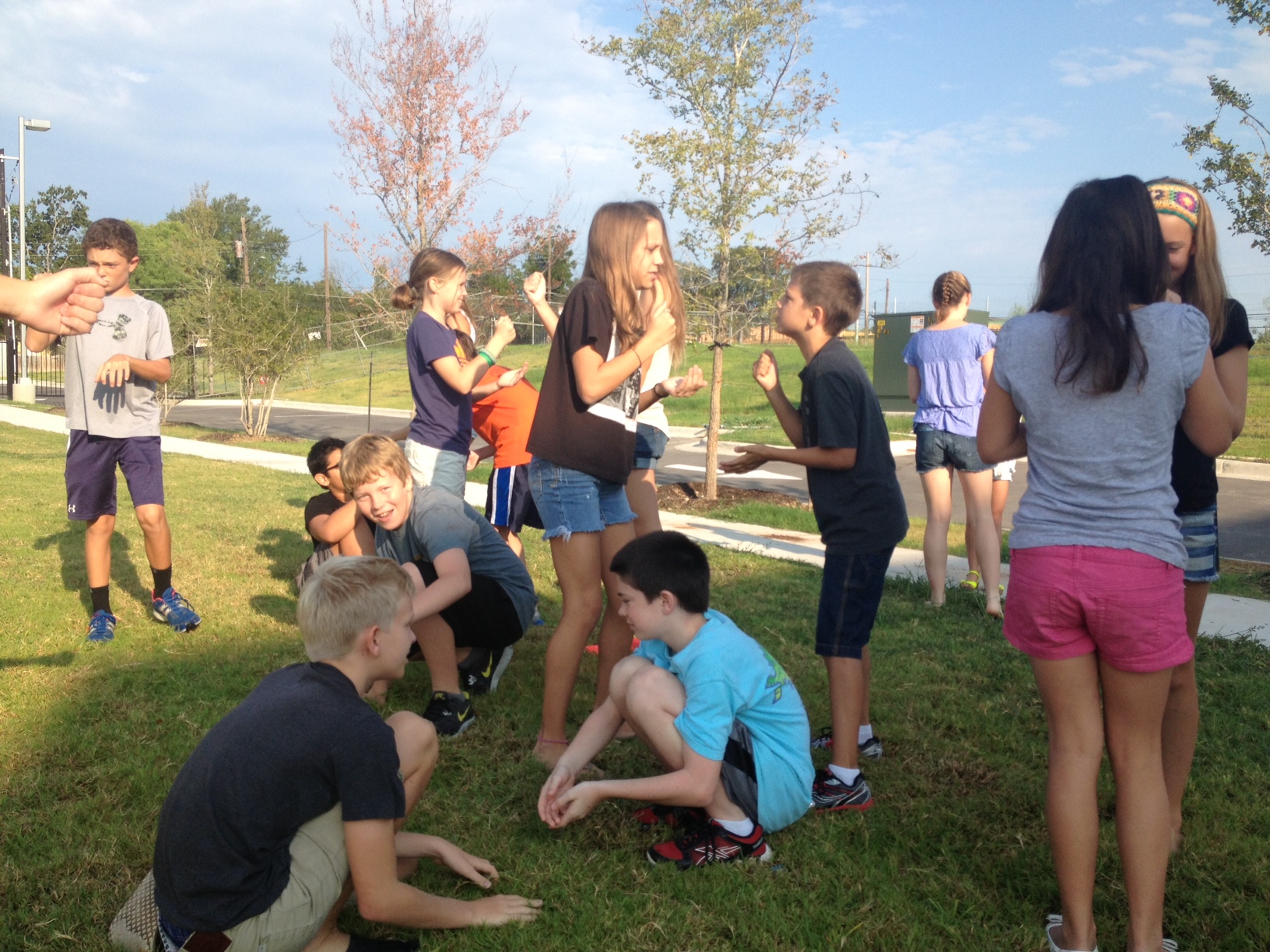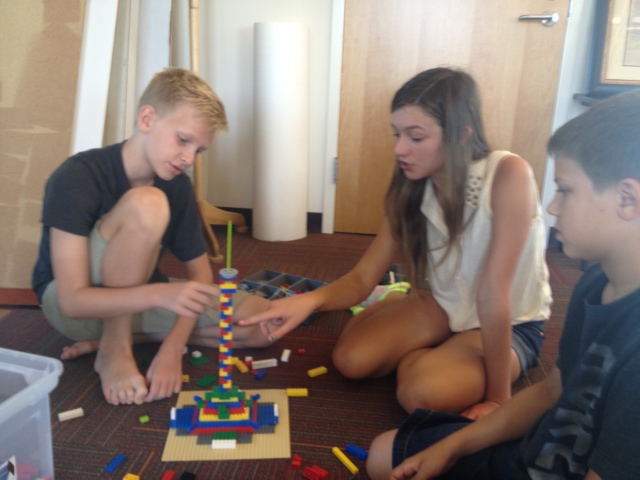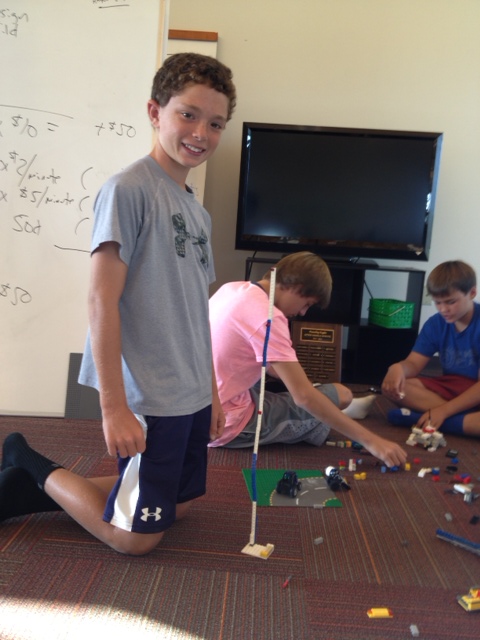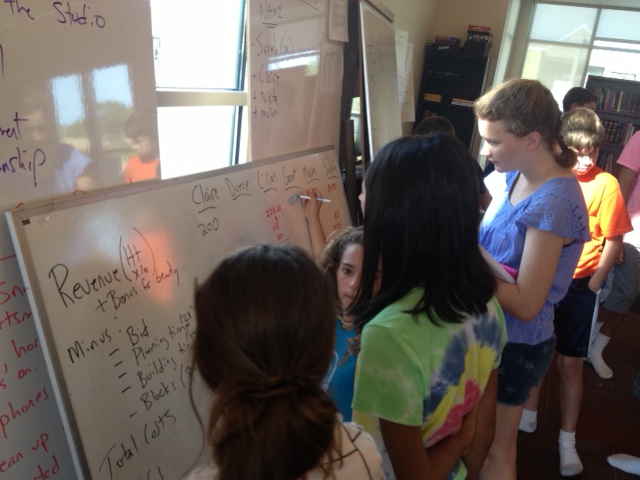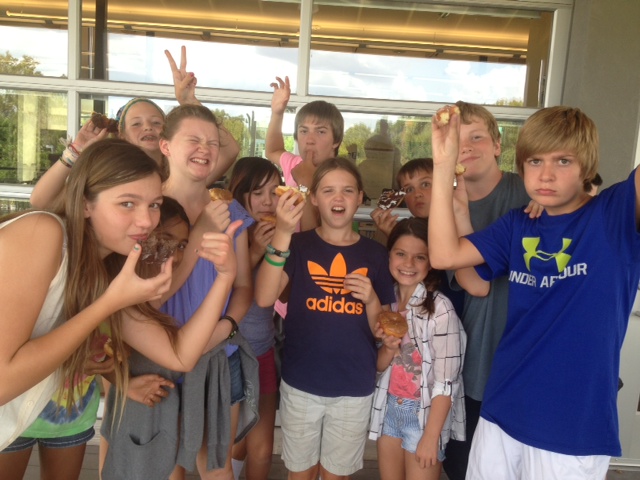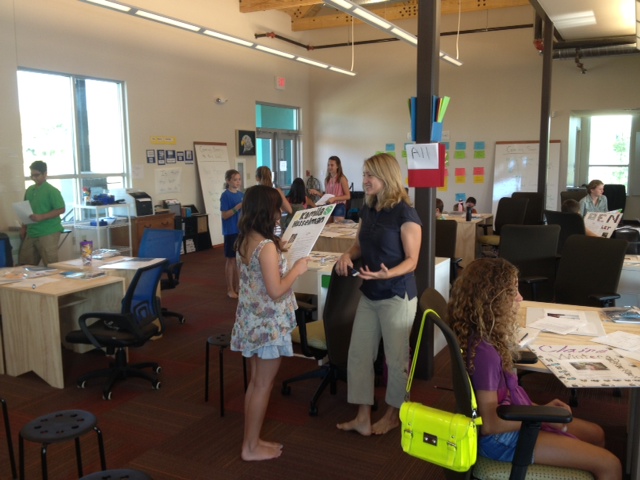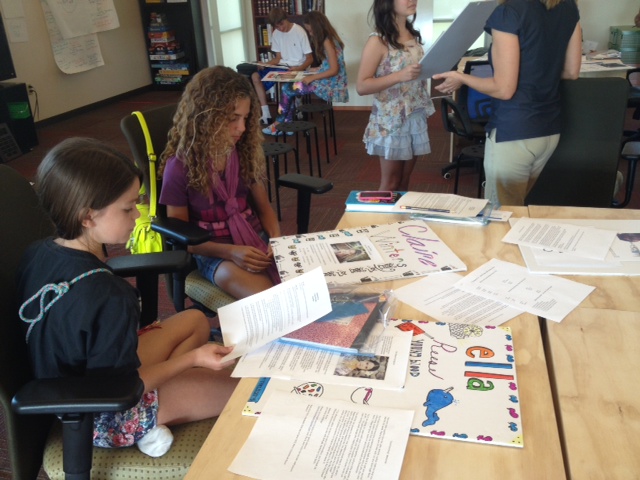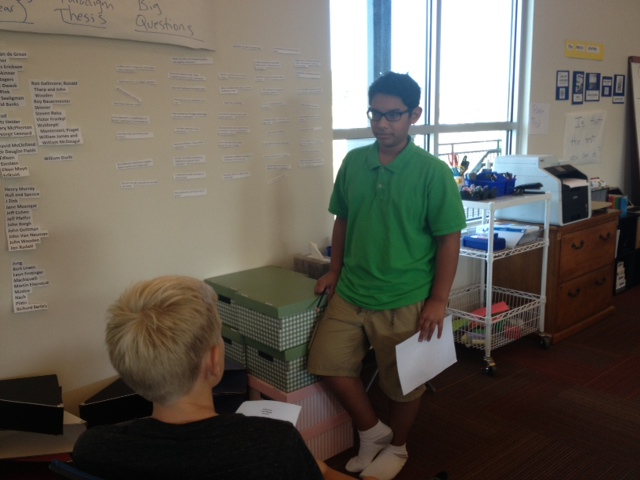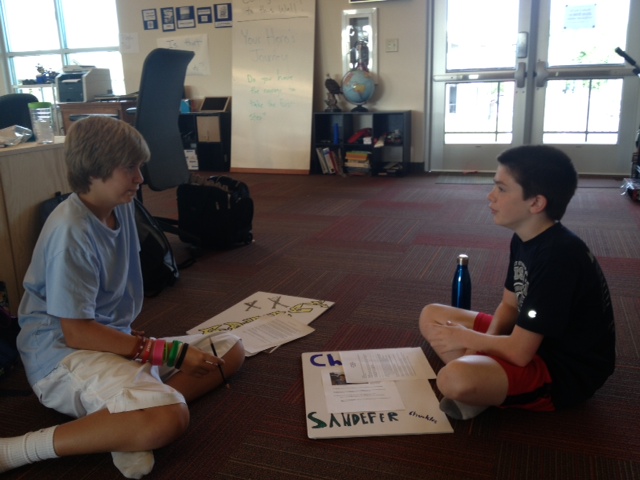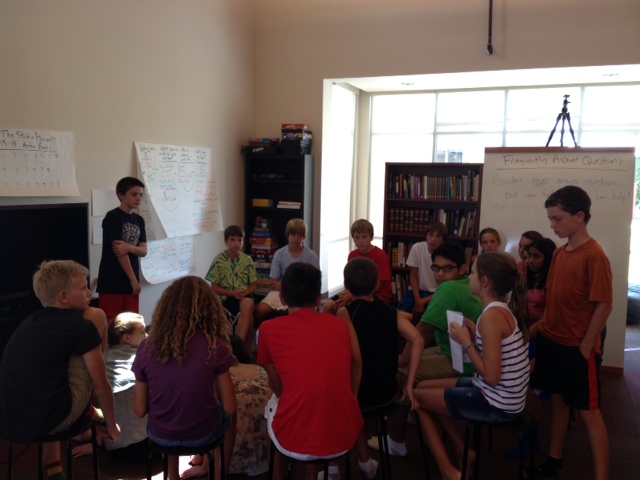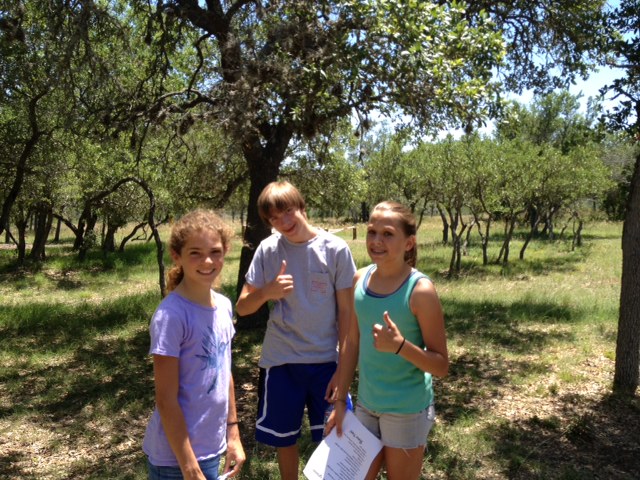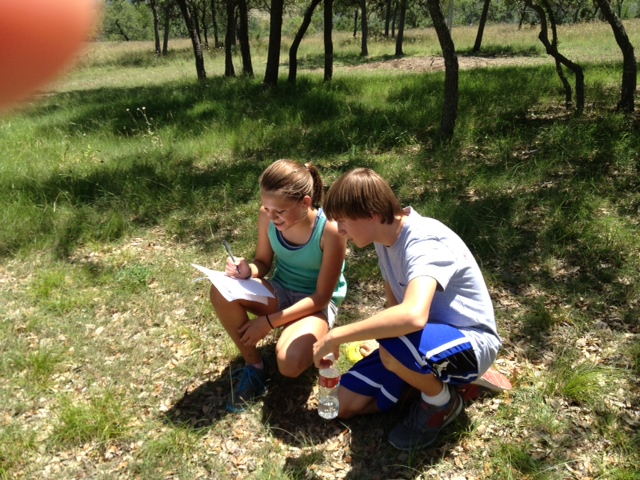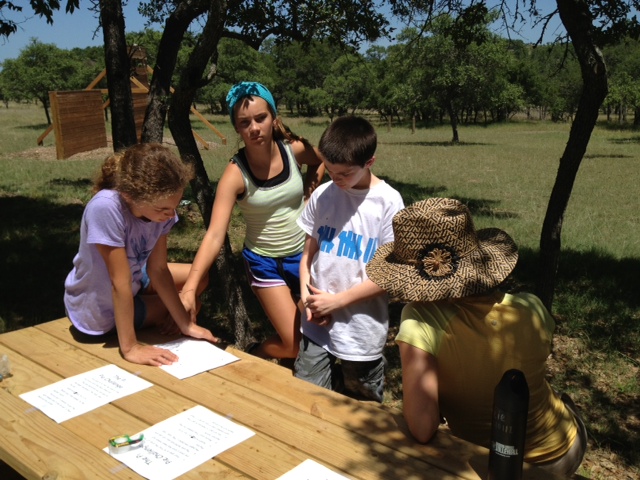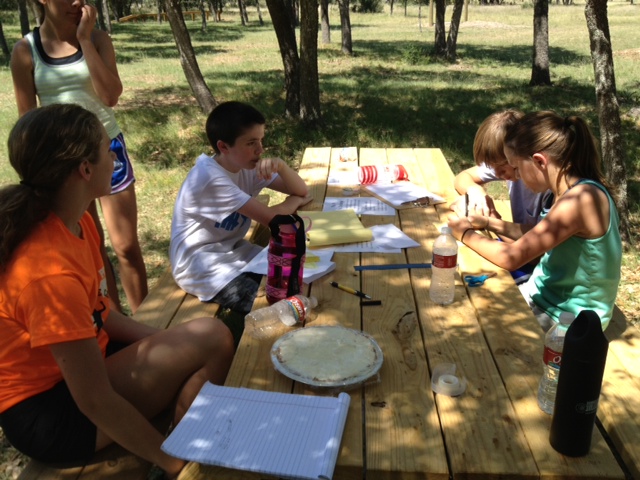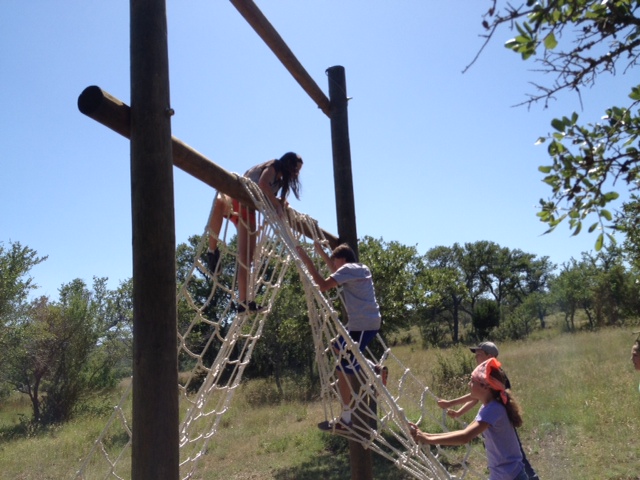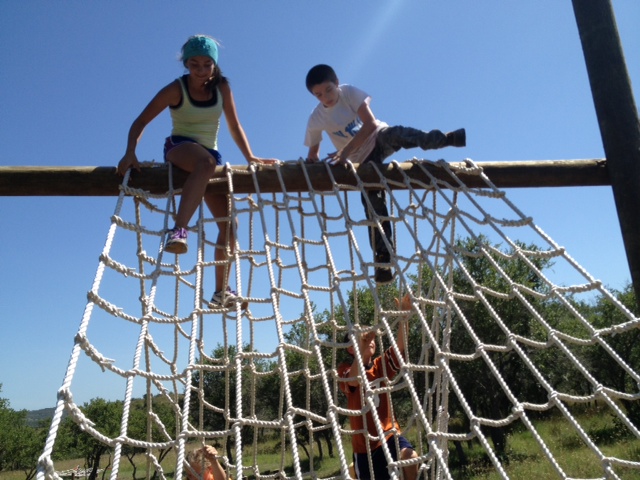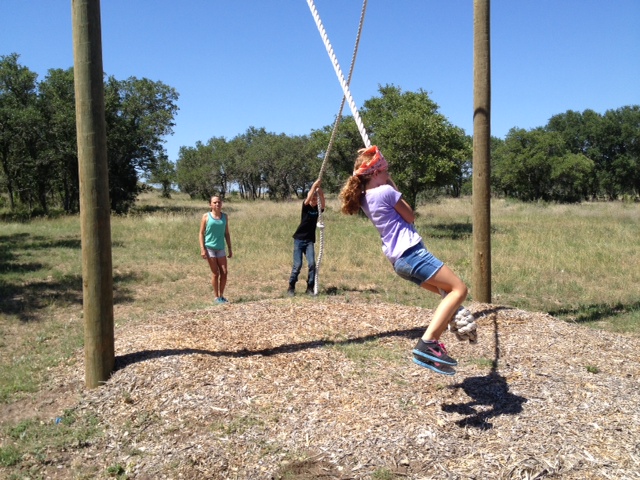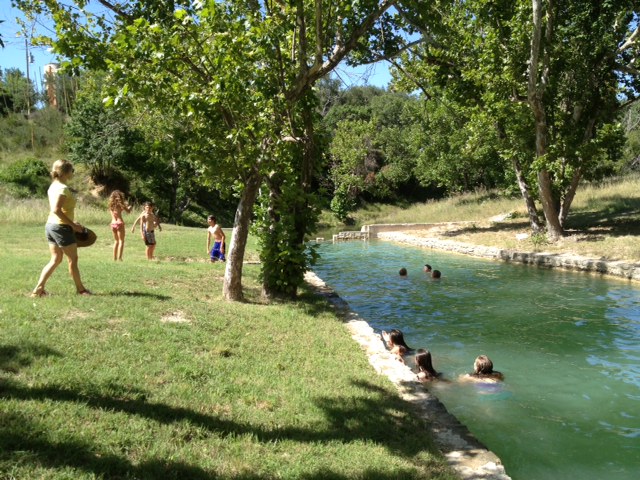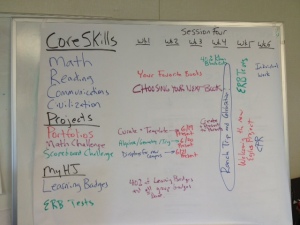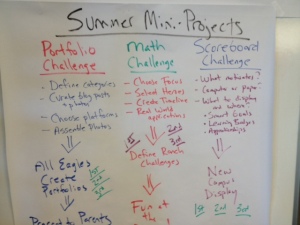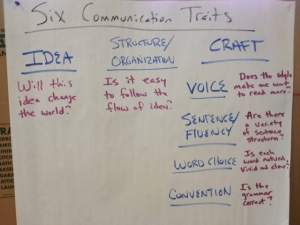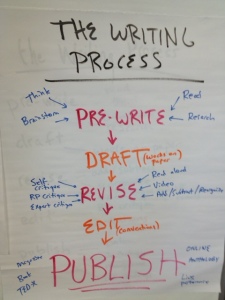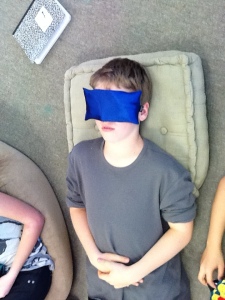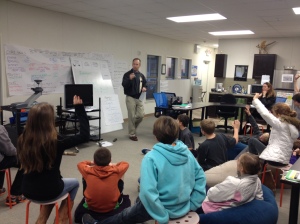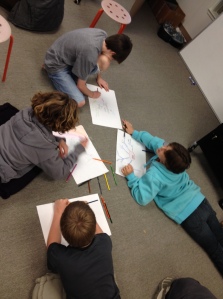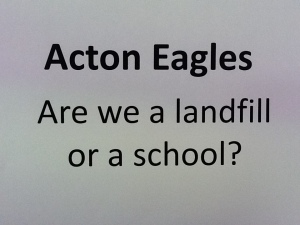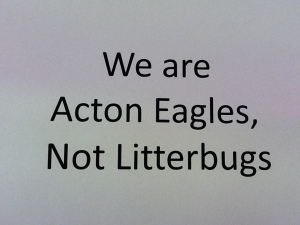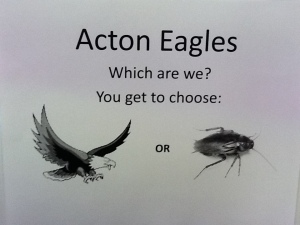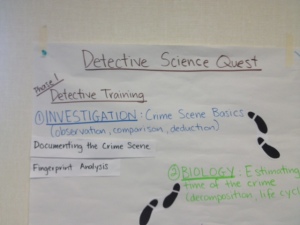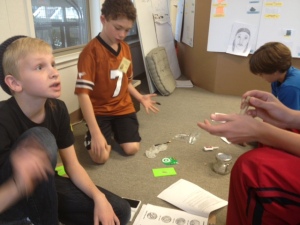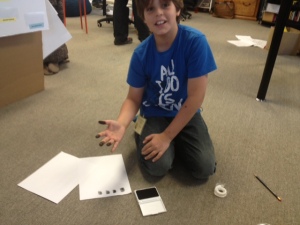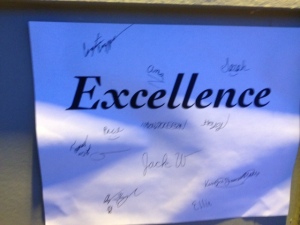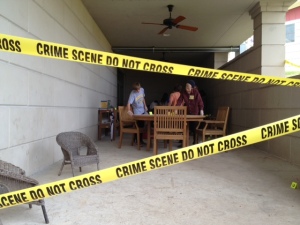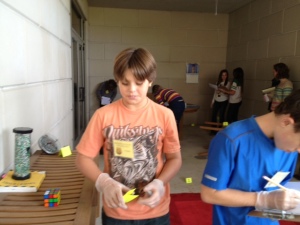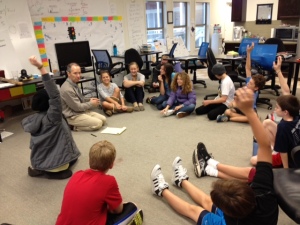For the next six weeks, we’ll be exploring the theme: “Which questions motivate a hero?”
Our adventure will have three main thrusts:
1. Which questions will motivate YOU on your Hero’s Journey?
Here we’ll dig deeply into the three questions our Eagles will ask to measure if they are happy, satisfied and fulfilled: Am I contributing something meaningful? Am I a good person? and Who do I love, and who loves me?
Eagles will work hard to identify their gifts; explore “flow” and investigate the irresistible opportunities that will motivate them to brainstorm, select and acquire a world changing apprenticeship.
As part of this work, Eagles will learn to write compelling emails, make irresistible phone pitches and dazzle in face-to-face interviews on their way to finding apprenticeships for next session.
The final exhibit will be an electronic portfolio designed to secure an apprenticeship, which will include a two minute “Message to Garcia” video showing each Eagle promising to “get the job done” if given the chance.
2. Which questions will motivate a FELLOW HERO?
The focus here is becoming a world class conversationalist, so our Eagles will be able to walk into any gathering and strike up a conversation that will make the other person feel important.
Eagles will practice their new found techniques on Running Partners, incoming 2014-15 Eagles to Acton and students from other schools, until the art of conversation becomes second nature.
The final product here will be a short “Hero Story” about a new friend, that captures what makes that person a “genius on a hero’s journey.”
3. Which questions will motivate a TRIBE OR NATION?
Oprah, Johnny Carson or William F. Buckley – who is the greatest interviewer of all time? Our Eagles will compare and contrast world class interviewers, as they learn the art of asking penetrating questions on stage, on the radio or on television.
Near the end of the session, we’ll invite adult heroes to class (especially those who might sponsor an apprenticeship) and allow our Eagles to conduct interviews in front of a live audience. The final product will be an edited transcript of the interview.
Executing an apprenticeship that may lead to a calling in life; learning to make excellent conversation, anytime, anywhere, with anyone; asking penetrating questions from a stage – all 21st Century Skills for our young heroes who plan to change the world.
